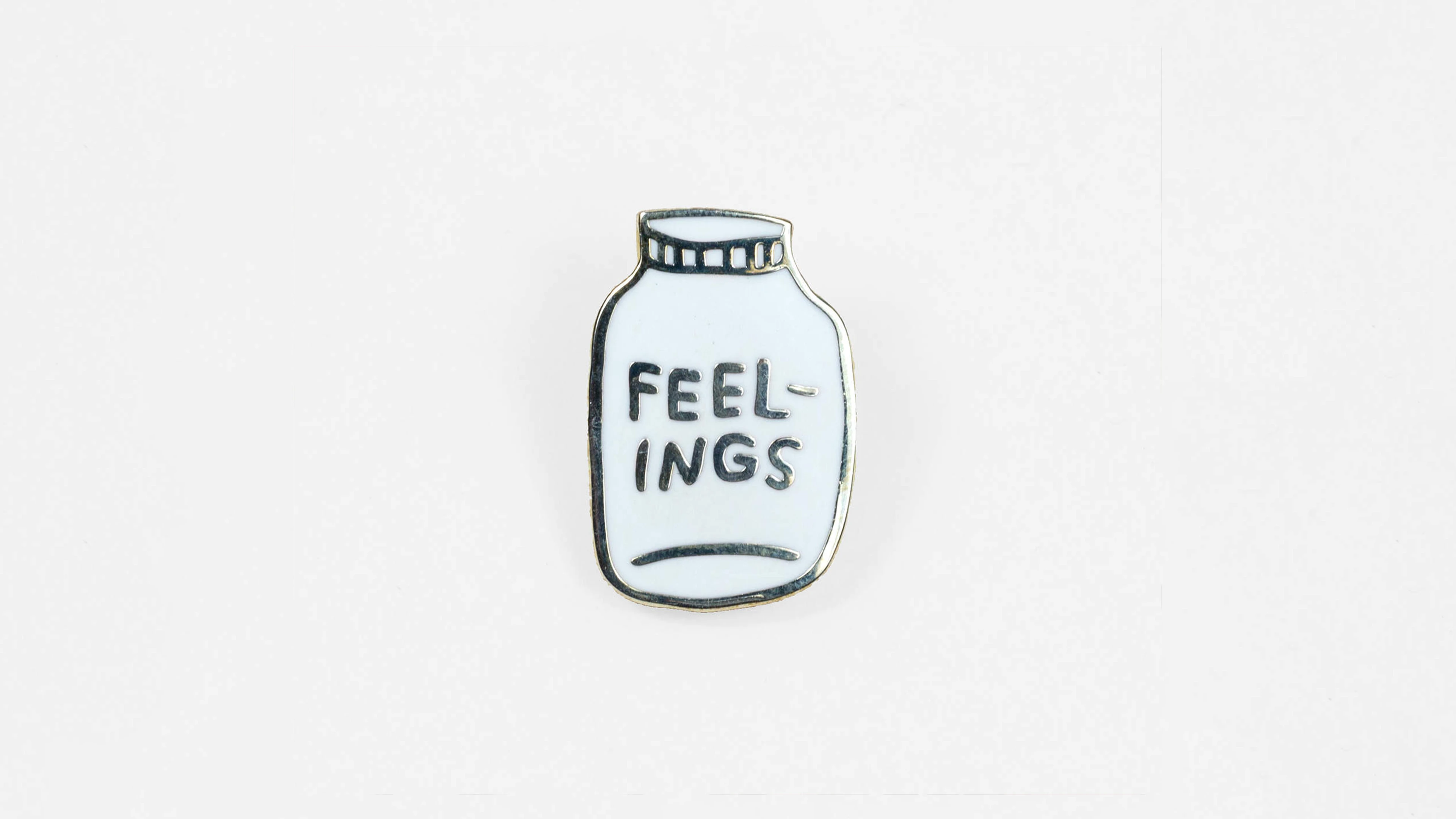17th April, 2024

I want to start this article off with a disclaimer. I’m about to do a bunch of generalising. Logically, I cannot speak to the experience of ALL women, nor of ALL men. I am not making these generalisations with the intention of stereotyping anyone. I am simplifying through the use of generalisation, to point out gender-related phenomena that I have noticed, and discuss possible causes and effects.
Now that that’s out of the way – I have a question for you.
“Kindness is weakness” – we’ve heard it all before. But is it true? More importantly, is it true for everyone, in every scenario?
I’m going to try to answer these questions in two parts. Firstly, how do we define weakness through masculinity? And secondly, how do we define kindness in masculinity?
Part One: Weakness in Masculinity
I’d argue that kindness isn’t weakness unless the kindness is damaging for the person giving it. Kindness is, on a basic level, putting someone else’s feelings above your own, and making your decisions based on how they feel. Weakness therefore can be seen in the disconnect between how someone feels and how someone acts. If you look at it this way, you aren’t weak for expressing your emotions (or, indeed, not expressing your emotions); but weakness comes from a shortage of internal understanding of your feelings.
The problem is, men are socialised to feel uncomfortable discussing their emotions, even on a casual level. From a young age, they’re told to ‘toughen up’ in response to tantrums. They’re not told ‘calm down and explain what’s wrong’. As a result, they miss out on developing the skills to identify, articulate, and express their inner emotions, and they become accustomed to ‘bottling it up’, and ‘getting on with it’.
The stoic, strong, Aussie-battler expectation of men, is one that harms everyone. According to a report carried out by the Australian Institute of Professional Councillors, patterns of emotional repression result in bigger emotional outbursts in men, that contribute directly to domestic violence.
Also, poor mental health directly correlates with physical illness. Consider how many men aren’t comfortable going to the doctor when they’re sick, because of social expectations around unrealistic ‘strength’, exemplified through phenomena like ‘the man flu’. The higher rates of early death among men likely result from this harmful ‘stoic’ stereotype.
According to Lifeline, an average of 9 Australians die of suicide per day. 75% of these are men. Throughout the drought, depression and suicide rates amongst men between 40-85 in rural Australia were recorded at an all-time high.
The social systems, expectations and stereotypes that cause this harm are difficult to break free of. On paper, it seems as though sharing your feelings is an easy step to make. But men who choose to step outside of toxic masculinity and share their feelings openly are actively destroying the pillars and structures by which they understand their reality. It runs so deep, on a personal and a societal level, that doing something as simple as crying in front of a friend, as a man, is a radical step, with many possible repercussions.
I won’t pretend to know the answer or solution for this problem, but I think it’s important to be aware of the way that men and women are socialised to experience personal reality in vastly different ways.
Part Two: Kindness in Masculinity
We somewhat unknowingly draw a link between what is ‘right’ and what is ‘kind’ – and they’re not always the same thing. The reason for this comes back to kindness defined as putting someone else before yourself. Sometimes, it is morally correct to put yourself first. You can’t pour from an empty cup.
Morality is not the same as kindness. Problems such as the phenomena of the ‘nice guy’ emerge when we confuse the two. Men are championed for displaying any sense of morality (in theory, kindness), and scrutinised when showing emotion (weakness). As I said before, kindness isn’t always weakness, but because men are taught that it is unacceptable to be emotional, they are also taught that it is emasculating to be kind.
The idea of ‘simping‘ and ‘pick me boys‘ are based off of this archetype. Kindness is associated with femininity, so men who are kind without expecting anything in return are considered less masculine. This, of course, breeds insecurity. Hence the rise of the ‘nice guy’ social archetype. I assume that when our grandparents were teenagers, chivalry was still alive and well because it was the social norm for men to be kind to women, without expecting praise or reward (because you had to wait for marriage lol).
Nowadays, there is no culturally equivalent term for a kind female because it’s expected that a woman is kind. In contrast, it’s considered rare for a man to be kind. Hence the apparent novelty of a “nice guy”.
A “nice guy” is usually a young man who has come to view the male gender as inherently bad. So they go out of their way to assert that they are a nice guy, as compared to ‘all the bad guys that women like so much’. Think of Ted Mosby from How I Met Your Mother. The problem is this – if you’re only respectful to women that you’re attracted to, it doesn’t count as respecting women. Plus, it’s a very fragile idea to hang your self-image on comparison to other men and the attraction you do or do not receive from women. Insecurity is unattractive, but showing emotional authenticity is not. I think regardless of your gender and the gender that you’re attracted to, that’s true.
Again, I won’t claim to know the answers. Restructuring the result of billions of years of social conditioning is basically unachievable, plus there’s always the possibility that it’s not even necessary. Unfortunately, if we somehow fixed every social problem in the world, we’d just have a new set of problems the next day. But I hope that eventually, everyone will feel empowered to speak their truth and find self-love that is free from comparison to others. I hope that more men will come to know their worth outside of their service to other people.
On a more positive note, there are organisations such as men’s shed to support men who need to speak up, and I think we are becoming more understanding and accepting of gender as a spectrum, instead of a rigid set of social rules. I tried to make sure that I wrote this post in the most respectful and informative way possible, not feeding into the pointless male vs. female fight. I think that we’re on the right track in overcoming the rigid restraints of gender norms, and mutual understanding is a key factor in that.






